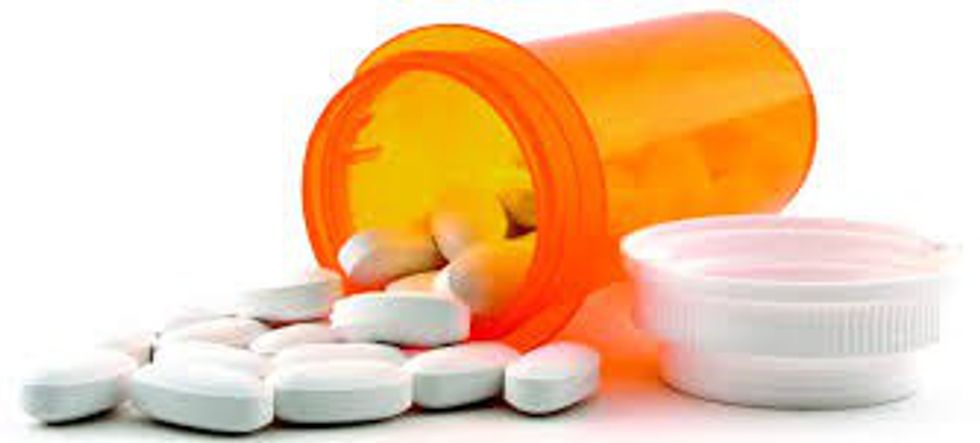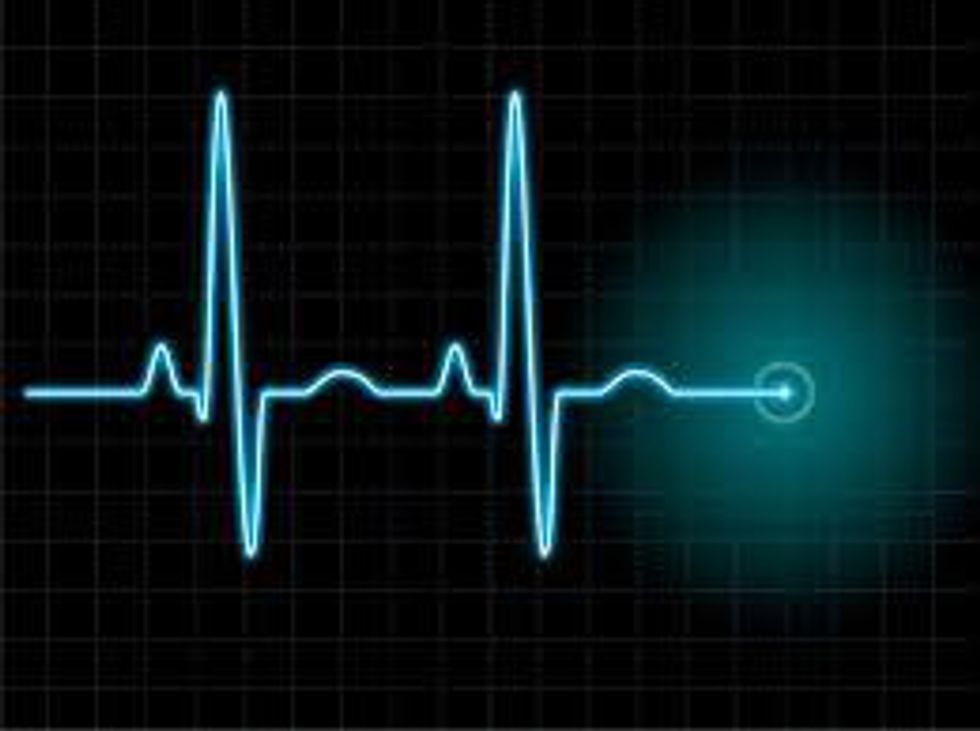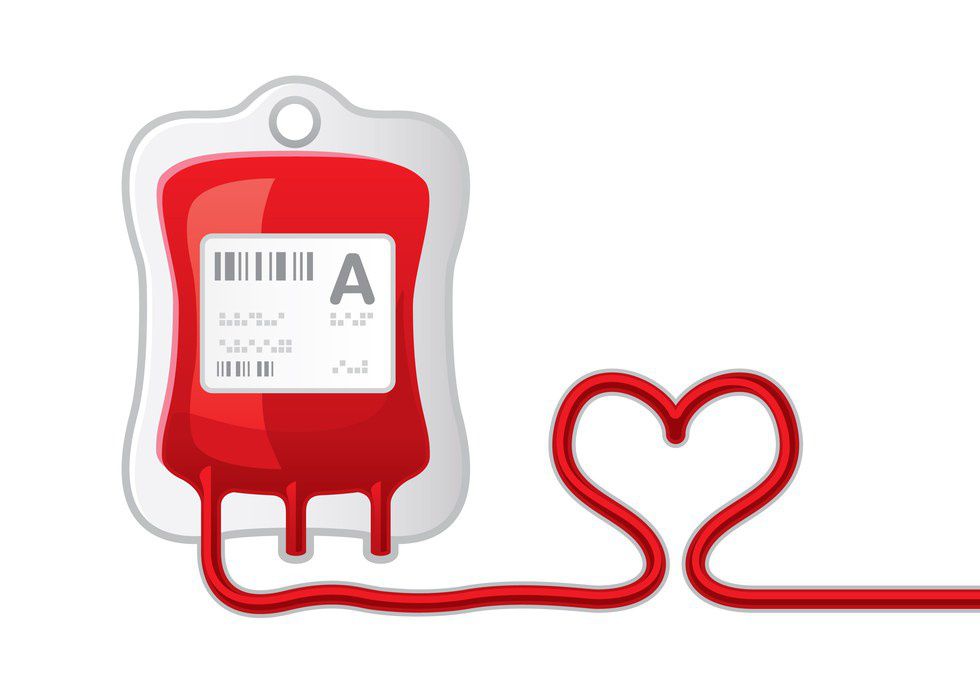Blood drives occur all across the nation. I'm sure you've heard of the American Red Cross. In the United States, they're the main blood-drive folks who travel far and wide looking for volunteers and donors. While they're the most widely renown, they actually only supply about 40% of blood in the United States The American Red Cross is always in need of donations, and often provide access to such a service in places local to you. A few weeks ago, the American Red Cross visited the University of Portland looking for eligible blood donors.
Blood is not something that can be created other than by the human body. This single fact is so critical. One donation is one pint, which is one unit of blood. Some car crash victims need as much as 100 units, so you can only imagine how valuable blood donations can be.
While some people can’t physically donate because of health conditions, there are still many people who can. If you've ever considered donating blood, it's important to know some of the requirements before heading over to your local blood bank. Regardless of the excuse, there are a lot of other stages that one must pass through to reach the goal of a full donation. Here are the requirements for donating blood:
1. High Iron Concentration.
One of the first parts they look for is the amount of iron that is present in your blood. Most of the time people think of iron as the nail that is covered in rust or laying on the floor of an abandoned old warehouse. But in this case, testing iron levels in the blood is actually really critical. The iron levels are correlated to the amount of hemoglobin that is present. Hemoglobins are the red blood cells that carry oxygen from the lungs to all of the other cells of the body. It makes sense that there would be a minimum number to score for this test.
What must you score to pass to the next check point? 12.5 g/dL is the standard cut-off for most donors. Go out and eat lots of spinach, oranges, and watermelon. All will help your iron levels increase.
2. Medications
In order for your blood to be eligible for donation, it has to have a certain composition. Everything that we put into our bodies flows through our veins. This is not limited to food, but also includes medications both prescribed and over the counter, including medications like Accutane and even Aspirin. Certain molecules in drugs are needed for the person who takes them, but for the blood precipitant that isn’t needed, and might even cause the transfusion to be rejected.
3. Pulse Range
Resting heart rate is generally measured by counting the pulses felt through one of the radial veins located on the wrist. Personally, this is why I was not able to donate blood last time I tried. Often times the minimum number is 50. Mine clocked in at 46 with the finger pulse counter.
This is important because if the number is not high enough, then that can mean there is not enough pressure in the blood system for enough oxygen to reach the brain as needed. The problem here? Well, if you remove volume from a system that already is under normal conditions, the outcome will most likely result in fainting or even worse outcomes.
4. Places Visited.
Generally, the love for traveling abroad is awesome in all terms of the sense. Well, it might not be so great as far as your eligibility for donation goes. When you check in for your donation a list of countries will be reviewed. If you have been, or have lived in certain places, you might not be eligible to donate. Other factors here, besides the physical location, are the duration of the stay, how long since the visit and the outbreaks that have been there.
5. Donation not complete...
This requirement can be the most frustrating. All of the previous four requirements are met, and you are in the donation chair with your blood being extracted. The next thing you know a problem occurs. Sometimes the flow is not strong enough, or maybe there was a blood clot that caused a disruption. Either way, most of the time the blood that has been collected has to be labeled and is often mixed or used for other purposes. It is still sad when the donation can’t be completed, fulfilling the full potential of the volunteer position.
Who knew that after saying yes to donation, there would be so many obstacles in the way of helping those who need it? That being said, a successful donation is very rewarding. It is a huge opportunity for you have to be able to bless someone else with the literal gift of life. To give a family even a little more hope that their loved one will make it is an amazing thing.
I have been personally affected by blood donations myself, as a baby, and I know people who are close to me who have benefited from the generosity of these donors.
Not that you have to change your phobia of needles, but please think about donation blood if your body physically can. Generally, the number one reason for people to decline this opportunity is the fear of needles. I am not a big fan of needles, but after donating I realized that it wasn’t such a big deal. The donation nurses are professionals and take care of you.
Next time you see an opportunity to donate blood, I dare you to give it a go. You might not pass the required tests, but if you are healthy, there is always time to try again!


























